8 Tips for Starting Your Heart-Healthy Diet
Advertisement
For people with heart diseases, what you eat everyday matters. Though you may already know that some certain food can put you in higher risks of heart attack, it can still be challenging to follow a strict heart-healthy diet. Thankfully, here we’ve listed eight easy tips for fine-tuning your healthy heart diet, without checking or searching around what foods to eat or avoid. Follow these tips and you’ll find that heart-healthy eating is both easy and enjoyable.
1. Cutting down on the size
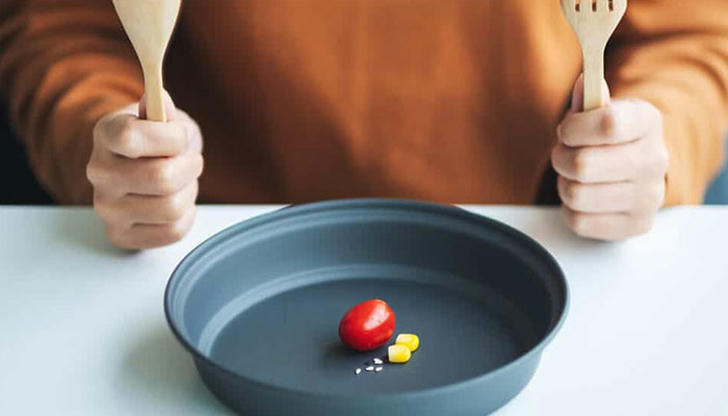
How much you eat matters equally on what you eat. Never eating until feeling you are 100% fully stuffed. You will eat much more calories, fat cholesterol than you should when you overloading yourself. Just eat less. Try to eat in a smaller plate or cut down on the number of serving sizes. And remember to take a second when you feel you are half stuffed. Your brain often receives the message more slowly than your stomach.
2. Eat more vegetables and fruits
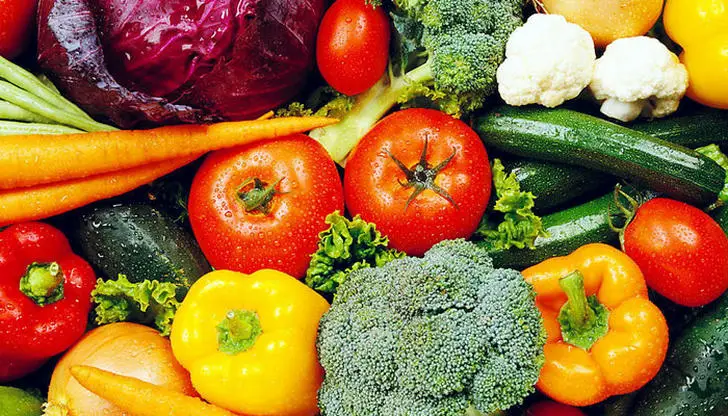
Vegetables and fruits are all good sources of nutrition. Most vegetables and fruits are loaded with properties that plays role in regulating blood pressure and heart health. Not only are they nutritional, but also make your heart-healthy diet easy. Vegetables and fruits are rich in fibers and low in fat, which makes you easier to be stuffed. Thus you’ll be able to control your blood cholesterol, as well as decrease your risk of heart attack and stroke. Keep fruit in a bowl in your kitchen so that you'll remember to eat it.
3. Swap for whole-grains
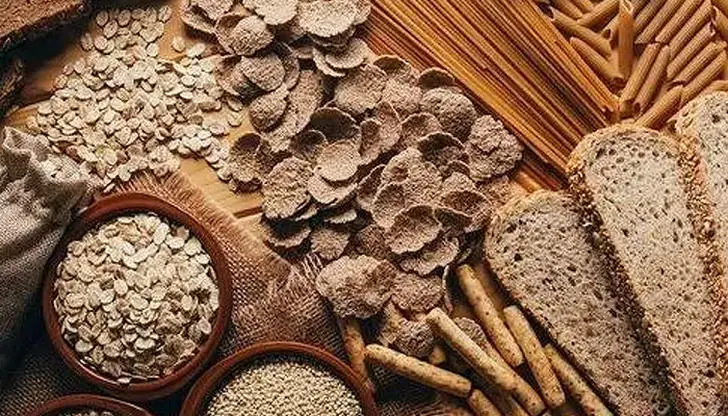
Whole grain plays significant role on regulating your blood pressure and heart health. Swap refined grain products like white bread, muffin, and waffles for a whole grain option like whole-wheat bread, oatmeal, quinoa or barley. Plus whole grains contain much more fiber than refined starchy and can help make you feel full for longer time.
4. Eat more fish, including a portion of oily fish
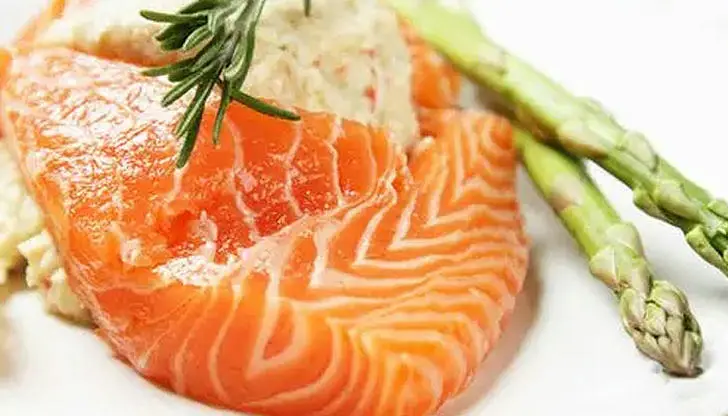
Oily fish are good sources of Omega-3 fatty acids, which is a healthy fat that helps lower blood fats, so as to help prevent heart disease. Moreover, fish are some of your best sources of protein and contains all nine essential amino acids. Just 1 ounce (28 grams) of dried fish can provide 18 grams of protein. In addition, fish proteins have been reported to be more satiating than meat proteins. You'll find the highest amounts of omega-3 fatty acids in cold-water fish, such as salmon, trout, herring, sardines and mackerel.
5. Cut down on saturated fat

There are two main types of fat: saturated and unsaturated fat. Too much saturated fat can easily lead to cholesterol spiking high in your blood, as a result of increasing the risk of heart disease and stroke. Cut down on saturated fat intake like red meat, butter, salad source and processed foods that contain trans fat. One clue that a food has some trans fat in it is the word “hydrogenated" in the ingredient list. When you do use fats, choose monounsaturated fats. Choose a healthier option such as olive oil or canola oil.
6. Cut down on sugar and salt intake
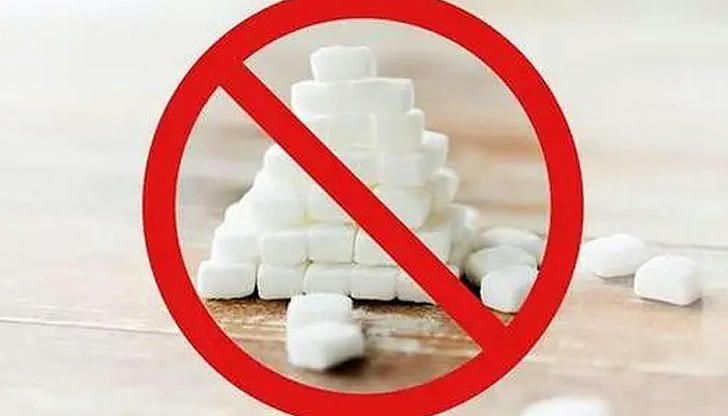
Cutting down on sugar and salt intake is another important part of a heart-healthy diet. It is recommended that adults should eat no more than 6g of salt a day. People age 51 or older, and people who have been diagnosed with high blood pressure should have no more than 1,500 mg of sodium a day. Eating a lot of sugar or sodium can contribute to high blood pressure, a risk factor for cardiovascular disease. Quit soda or energy drinks. Reduce the amount of salt you add to food while cooking. Or you can check out the condiments and choose food with less sodium.
7. Do not skip your breakfast

Studies have found that those who skipped breakfast were more likely to have high blood pressure. Control your portions doesn’t mean you can skip breakfast. A healthy, low-fat, high-fiber, nutrient-rich breakfast plays significant role in a balanced heart-healthy diet. Plus it provide you all the nutrition you need a day. Make yourself a healthier breakfast with wholegrain cereal and fruit sliced over the top.
8. Allow yourself an occasional treat

Though a strict diet plan is vital for your heart health the long run. It’s actually ok to allow yourself an occasional treat. Treat yourself with a candy bar or a handful of potato chips. It doesn’t mean you give up your heart healthy diet. And what's really important is that you eat healthy foods most of the time.



